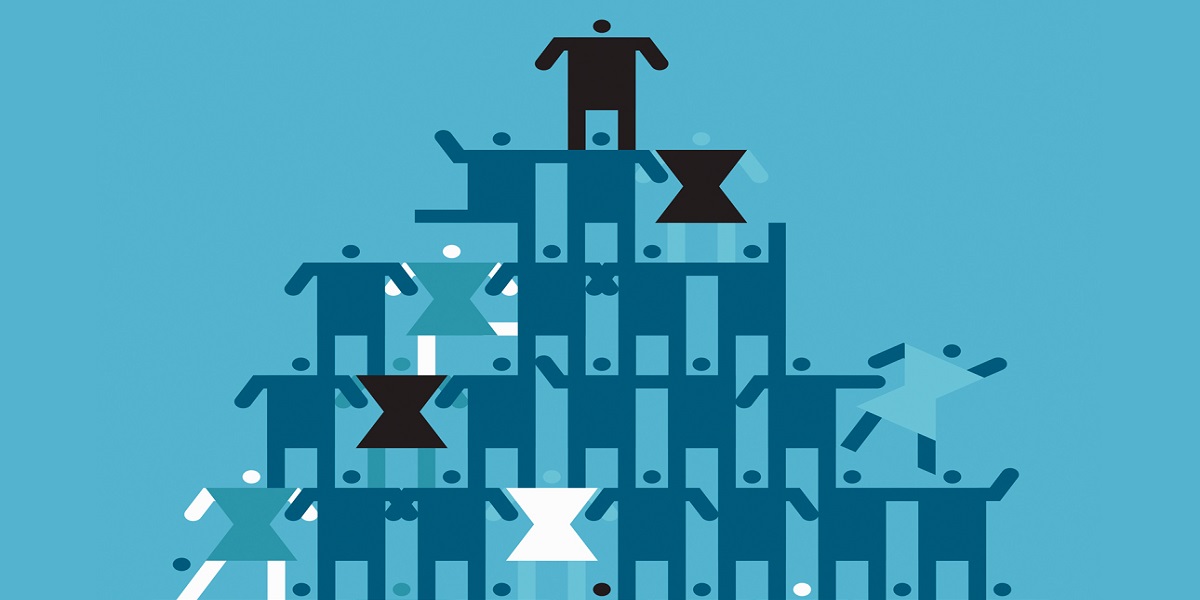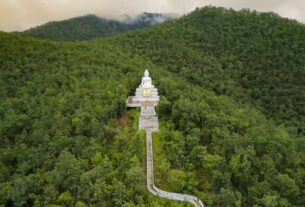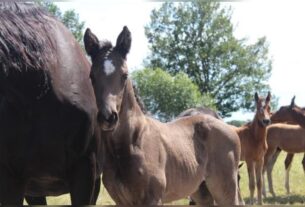The Kamma caste is a prominent community primarily found in the southern Indian states of Andhra Pradesh, Telangana, Tamil Nadu, and Karnataka. This community has a rich cultural and historical heritage, and one of its distinctive features is its surnames. Kamma caste surnames are more than just identifiers; they hold deep significance, reflecting history, geography, and sociocultural aspects of the community.
Historical Roots of Kamma Surnames
The Kamma caste surnames its origins back to ancient India, with historical references found in texts like the Chalukya and Kakatiya inscriptions. The surnames within this community often reflect their lineage, ancestral villages, or professions. For instance, many surnames are derived from the names of villages where the family originally resided. This practice not only helped in establishing one’s identity but also reinforced their connection to their roots.
During the medieval period, the Kamma community played a significant role as warriors, landlords, and administrators under various dynasties. As a result, their surnames sometimes reflect their status or roles in society. For example, surnames such as “Naidu” signify leadership and administrative roles, while others may hint at agricultural backgrounds or other professions.
Geographic and Linguistic Significance
Kamma caste surnames often reflect geographic origins. Villages and towns where families settled centuries ago are immortalized in their surnames, providing a sense of place and identity. Surnames like “Gogineni,” “Chilukuri,” and “Vemuri” indicate the family’s ancestral village. This geographic significance is particularly important in rural societies, where such identifiers help distinguish families and their histories.
Additionally, linguistic elements play a role in shaping these surnames. Many surnames have roots in Telugu, the dominant language of the Kamma community. The structure and phonetics of these surnames often align with the linguistic patterns of the region, further reinforcing their cultural identity.
Social and Cultural Implications
In the Kamma caste, surnames serve as a marker of social identity and cultural heritage. They signify not just family lineage but also the broader social networks and alliances formed through marriages and community ties. Historically, surnames were crucial in arranging marriages, as they helped avoid unions within the same lineage, thus adhering to traditional exogamous practices.
Cultural pride is another aspect tied to Kamma surnames. Members of the community often take pride in their surnames, which represent the accomplishments and heritage of their ancestors. This pride is particularly evident during community gatherings, festivals, and other social events where people recount their family histories and contributions.
Role in Modern Society
In contemporary times, Kamma caste surnames continue to hold relevance, albeit in evolving ways. With increased urbanization and migration, many members of the Kamma community have moved away from their ancestral villages. Despite this, their surnames serve as a link to their heritage and roots, often sparking conversations and connections in new social settings.
Furthermore, Kamma surnames have gained recognition in various fields, including politics, business, entertainment, and academia. Prominent personalities from the Kamma community, such as Nandamuri Taraka Rama Rao (NTR) and Chandra Babu Naidu, have brought attention to these surnames, further highlighting their significance.
Challenges and Changing Perceptions
While Kamma caste surnames are a source of pride and identity, they are not without challenges. In some cases, caste-based identifiers have led to social discrimination and stereotyping. This has prompted debates about the relevance of caste surnames in a modern, egalitarian society. Younger generations, especially those living abroad or in cosmopolitan cities, sometimes prefer to adopt neutral surnames to avoid caste-based biases.
Moreover, inter-caste marriages and globalization have diluted the traditional significance of surnames to some extent. As societies become more inclusive, the focus has shifted from caste-based identity to individual merit and accomplishments.
Preserving Heritage Through Surnames
Despite these challenges, many in the Kamma community are keen on preserving the legacy of their surnames. Efforts are being made to document family histories, genealogies, and the origins of surnames. Such initiatives not only help in preserving cultural heritage but also educate younger generations about their roots.
Social media and digital platforms have also played a role in this preservation. Online forums, family websites, and community groups have emerged as spaces where members of the Kamma community share their histories, traditions, and the significance of their surnames.
Conclusion
Kamma caste surnames are a rich tapestry of history, geography, and culture. They serve as markers of identity, connecting individuals to their ancestral roots and community heritage. While modern societal changes have posed challenges to their traditional significance, these surnames remain an integral part of the Kamma community’s cultural fabric. By balancing tradition with modernity, the Kamma community continues to honor its legacy while adapting to a changing world.




